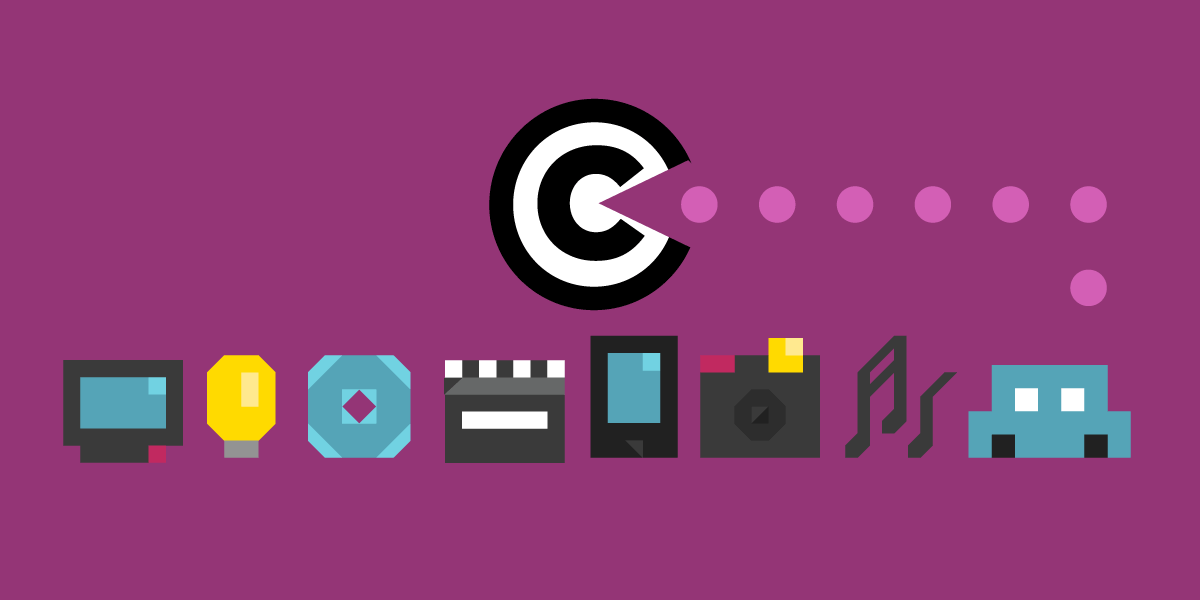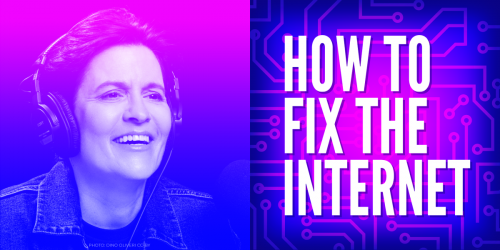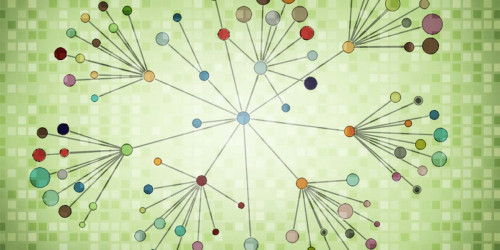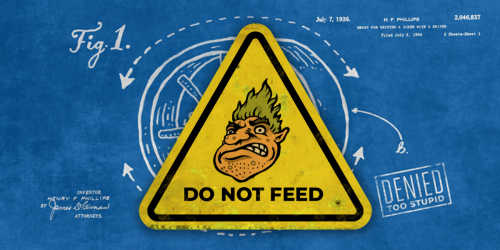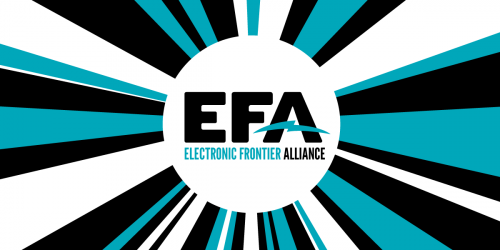More than a decade ago, Congress tried to pass SOPA and PIPA—two sweeping bills that would have allowed the government and copyright holders to quickly shut down entire websites based on allegations of piracy. The backlash was immediate and massive. Internet users, free speech advocates, and tech companies flooded lawmakers with protests, culminating in an “Internet Blackout” on January 18, 2012. Turns out, Americans don’t like government-run internet blacklists. The bills were ultimately shelved.
Thirteen years later, as institutional memory fades and appetite for opposition wanes, members of Congress in both parties are ready to try this again.
Act Now To Defend the Open Web
The Foreign Anti-Digital Piracy Act (FADPA), along with at least one other bill still in draft form, would revive this reckless strategy. These new proposals would let rights holders get federal court orders forcing ISPs and DNS providers to block entire websites based on accusations of infringing copyright. Lawmakers claim they’re targeting “pirate” sites—but what they’re really doing is building an internet kill switch.
These bills are an unequivocal and serious threat to a free and open internet. EFF and our supporters are going to fight back against them.
Site-Blocking Doesn’t Work—And Never Will
Today, many websites are hosted on cloud infrastructure or use shared IP addresses. Blocking one target can mean blocking thousands of unrelated sites. That kind of digital collateral damage has already happened in Austria, Russia, and in the US.
Site-blocking is both dangerously blunt and trivially easy to evade. Determined evaders can create the same content on a new domain within hours. Users who want to see blocked content can fire up a VPN or change a single DNS setting to get back online.
These workarounds aren’t just popular—they’re essential tools in countries that suppress dissent. It’s shocking that Congress is on the verge of forcing Americans to rely on the same workarounds that internet users in authoritarian regimes must rely on just to reach mislabeled content. It will force Americans to rely on riskier, less trustworthy online services.
Site-Blocking Silences Speech Without a Defense
The First Amendment should not take a back seat because giant media companies want the ability to shut down websites faster. But these bills wrongly treat broad takedowns as a routine legal process. Most cases would be decided in ex parte proceedings, with no one there to defend the site being blocked. This is more than a shortcut–it skips due process entirely.
Users affected by a block often have no idea what happened. A blocked site may just look broken, like a glitch or an outage. Law-abiding publishers and users lose access, and diagnosing the problem is difficult. Site-blocking techniques are the bluntest of instruments, and they almost always punish innocent bystanders.
The copyright industries pushing these bills know that site-blocking is not a narrowly tailored fix for a piracy epidemic. The entertainment industry is booming right now, blowing past its pre-COVID projections. Site-blocking legislation is an attempt to build a new American censorship system by letting private actors get dangerous infrastructure-level control over internet access.
EFF and the Public Will Push Back
FADPA is already on the table. More bills are coming. The question is whether lawmakers remember what happened the last time they tried to mess with the foundations of the open web.
If they don’t, they’re going to find out the hard way. Again.
Tell Congress: No To Internet Blacklists
Site-blocking laws are dangerous, unnecessary, and ineffective. Lawmakers need to hear—loud and clear—that Americans don’t support government-mandated internet censorship. Not for copyright enforcement. Not for anything.


